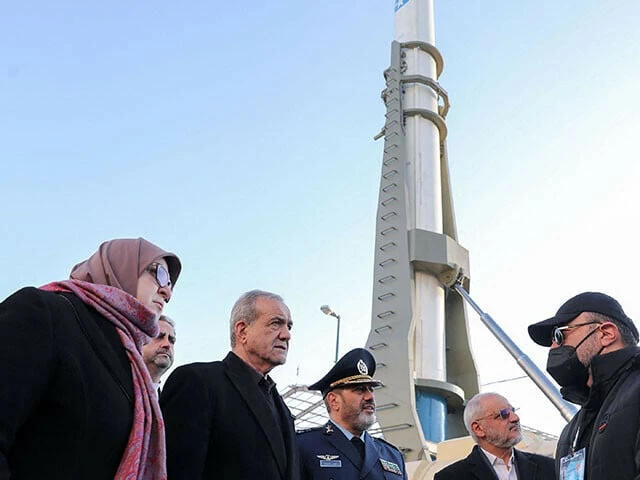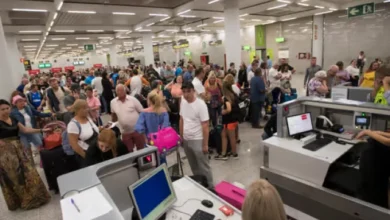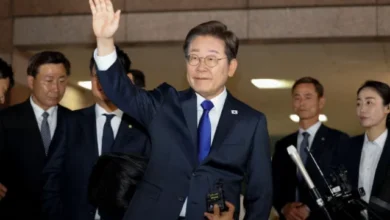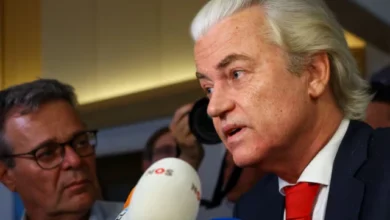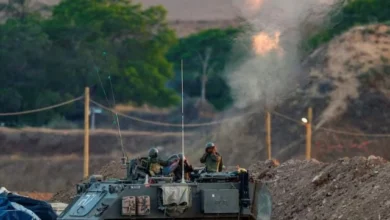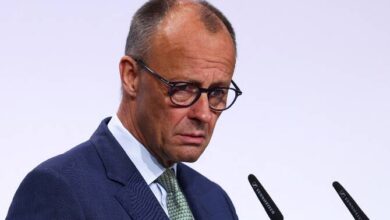Iran is poised to reject a US proposal to end a decades-old nuclear dispute, an Iranian diplomat said on Monday, dismissing it as a “non-starter” that fails to address Tehran’s interests or soften Washington’s stance on uranium enrichment.
“Iran is drafting a negative response to the US proposal, which could be interpreted as a rejection of the US offer,” the senior diplomat, who is close to Iran’s negotiating team, told Reuters.
The US proposal for a new nuclear deal was presented to Iran on Saturday by Omani Foreign Minister Sayyid Badr Albusaidi, who was on a short visit to Tehran and has been mediating talks between Tehran and Washington.
After five rounds of discussions between Iranian Foreign Minister Abbas Araqchi and President Donald Trump’s Middle East envoy Steve Witkoff, several obstacles remain.
Among them are Iran’s rejection of a US demand that it commit to scrapping uranium enrichment and its refusal to ship abroad its entire existing stockpile of highly enriched uranium – possible raw material for nuclear bombs.
Tehran says it wants to master nuclear technology for peaceful purposes and has long denied accusations by Western powers that it is seeking to develop nuclear weapons.
“In this proposal, the US stance on enrichment on Iranian soil remains unchanged, and there is no clear explanation regarding the lifting of sanctions,” said the diplomat, who declined to be identified due to the sensitivity of the matter.
Araqchi said Tehran would formally respond to the proposal soon. The U.S. State Department declined to comment.
Tehran demands the immediate removal of all US-imposed curbs that impair its oil-based economy. But the U.S. says nuclear-related sanctions should be removed in phases.
Dozens of institutions vital to Iran’s economy, including its central bank and national oil company, have been blacklisted since 2018 for, according to Washington, “supporting terrorism or weapons proliferation”.
Trump’s revival of “maximum pressure” against Tehran since his return to the White House in January has included tightening sanctions and threatening to bomb Iran if the negotiations yield no deal.
During his first term in 2018, Trump ditched Tehran’s 2015 nuclear pact with six powers and reimposed sanctions that have crippled Iran’s economy. Iran responded by escalating enrichment far beyond the pact’s limits.
Under the deal, Iran had until 2018 curbed its sensitive nuclear work in return for relief from US, EU and UN economic sanctions.
The diplomat said the assessment of “Iran’s nuclear negotiations committee”, under the supervision of Supreme Leader Ayatollah Ali Khamenei, was that the U.S. proposal was “completely one-sided” and could not serve Tehran’s interests.
Therefore, the diplomat said, Tehran considers this proposal a “non-starter” and believes it unilaterally attempts to impose a “bad deal” on Iran through excessive demands.

